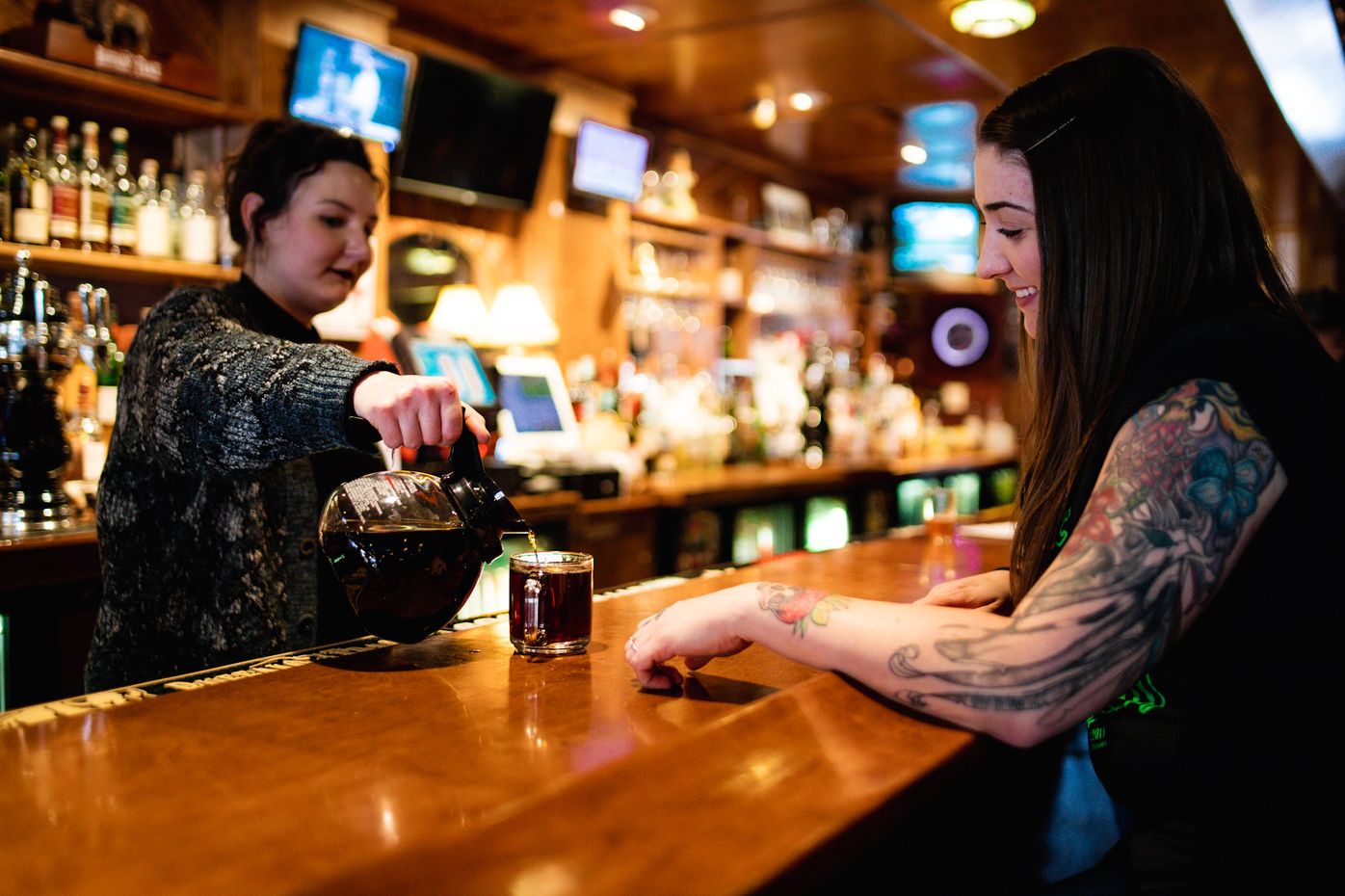Why Small-Batch Roasting Will Always Taste Better
Mass-market coffee is the acoustic version of "Enter Sandman."
It’s consistent, cheap, and everywhere… but it’s also bland, overcooked, and stripped of personality. By the time you drink it, the beans have been roasted, packaged, shipped, warehoused, and displayed for so long they could legally run for office.
Meanwhile, small-batch roasted-to-order coffee is the opposite—it’s alive with flavor, roasted with care, and built on a history of craft that goes back centuries.
Back When Coffee Was Personal
Before giant coffee brands took over supermarket aisles, coffee roasting was local.
In the 18th and 19th centuries, roasting was done in small shops, cafes, or even at home. Every batch was unique because roasters tailored their process to the beans they had—adjusting heat, timing, and technique like a chef perfecting a signature dish.
Freshness wasn’t a selling point. It was just how it was done. You knew your roaster. They knew your taste. Coffee was an experience, not just a caffeine delivery system.
How Big Coffee Lost Its Soul
When large coffee companies scaled production in the mid-20th century, the priority shifted from flavor to efficiency.
Instead of coaxing out each origin’s unique notes, big brands standardized roasting to make every cup taste the same—no matter where you bought it.
That “same everywhere” approach meant:
-
Shelf life over flavor. Roasted dark to hide flaws and survive months in storage.
-
Beans as commodities. One-size-fits-all roasting instead of origin-specific care.
-
Flavor flattening. Ethiopia? Colombia? Brazil? All tasting like “just coffee.”
Big coffee didn’t ruin coffee on purpose—it just optimized it to death.
Why Small-Batch Roasting Tastes Like Actual Coffee
When you roast in small batches, you control everything.
Heat, airflow, timing—dialed in for each bean type and origin. This means:
-
Fresher beans. Roasted-to-order coffee hits your mug days after it’s roasted, not months later.
-
Full flavor spectrum. Oils and aromas are still alive, so you taste bright fruit, smooth chocolate, nutty sweetness… not just “brown.”
-
Seasonal excitement. Small roasters can buy limited harvests and experiment with unique profiles.
Small-batch roasting isn’t just about size—it’s about intent. Every batch is roasted like it matters, because it does.
The Takeaway (a.k.a. The Part You’ll Remember)
Mass-market coffee is built to be convenient and whatever.
Small-batch coffee is built to be exceptional.
If you want coffee that tastes like coffee—not just warm water, the find a roaster who does it small, fresh, and with ridiculous amounts of care. You’ll taste a tradition that’s been alive for centuries and still refuses to be automated.
Because life’s too short to drink coffee that’s dead inside.
